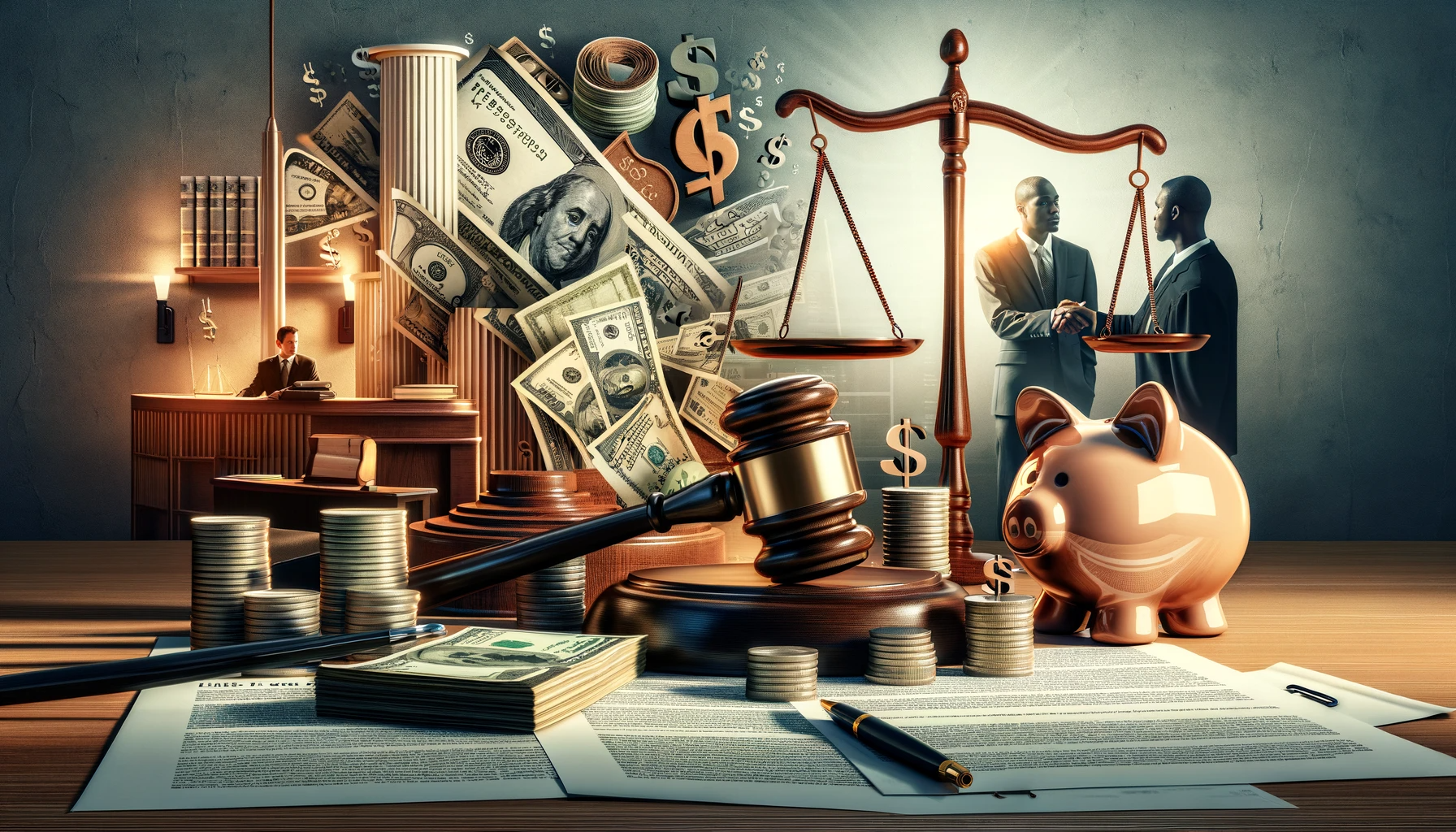Navigating the legal system, especially when faced with criminal charges, can be daunting. One critical aspect often weighing heavily on defendants’ minds is the cost of legal defense. This comprehensive guide demystifies how criminal defense attorneys in the United States get paid, exploring various payment structures and factors influencing legal fees.
The Role of a Criminal Defense Attorney
Criminal defense attorneys are legal professionals who specialize in defending individuals and entities charged with criminal conduct. Their expertise spans a range of activities, from providing legal advice to representing clients in court. The complexity and severity of the case often dictate the required level of expertise and, consequently, the attorney’s fee.
Common Payment Structures
1. Hourly Rate
The most traditional payment method is an hourly rate. Here, attorneys charge for every hour (or part of an hour) they spend on your case. This rate varies significantly based on factors like:
- Geographic location
- Attorney’s experience and reputation
- Complexity of the case
Clients may be asked to deposit a retainer fee upfront, which the attorney then draws from as they work on the case.
2. Flat Fee
A flat fee arrangement is another common payment structure. This is usually offered for less complex cases, where the attorney can reasonably predict the amount of work needed. Flat fees provide clarity and certainty regarding legal expenses but may not cover additional costs like bail bonds or expert witness fees.
3. Contingency Fee
While contingency fees are more common in civil cases, some criminal defense attorneys might offer this option, particularly in cases where financial recovery, like asset forfeiture, is involved. Under this arrangement, the attorney’s fee is a percentage of the recovered amount. However, this is not a standard practice in criminal defense.
4. Pro Bono
In some cases, attorneys may offer their services pro bono or free of charge. This is more common in cases that involve a public interest element or for clients who cannot afford legal representation. The American Bar Association encourages lawyers to provide pro bono services, but the availability varies widely.
Factors Influencing Attorney Fees
Several factors influence how much a criminal defense attorney might charge. These include:
- Case Complexity: More complex cases require more time and resources, leading to higher fees.
- Attorney’s Experience: Experienced attorneys or those with specialized knowledge typically charge more.
- Case Duration: Longer cases will generally be more expensive.
- Geographic Location: Legal fees vary widely across different regions.
The Importance of a Clear Fee Agreement
It’s crucial to have a clear and detailed fee agreement with your criminal defense attorney. This agreement should outline:
- The payment structure
- What services are included
- Any additional costs you might incur
Conclusion
Understanding how criminal defense attorneys get paid is essential for anyone navigating the criminal justice system. Payment structures vary, and several factors influence the overall cost. Whether it’s an hourly rate, flat fee, or other arrangements, clear communication and a detailed agreement with your attorney are vital to ensure transparency and preparedness for the legal journey ahead.









Leave a Reply